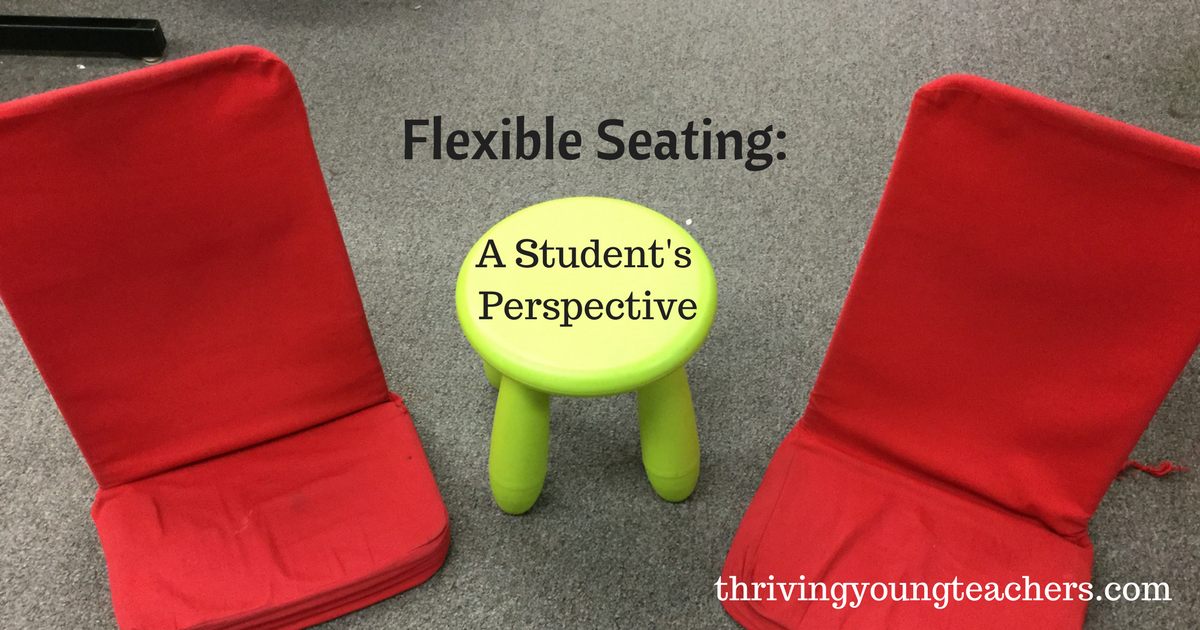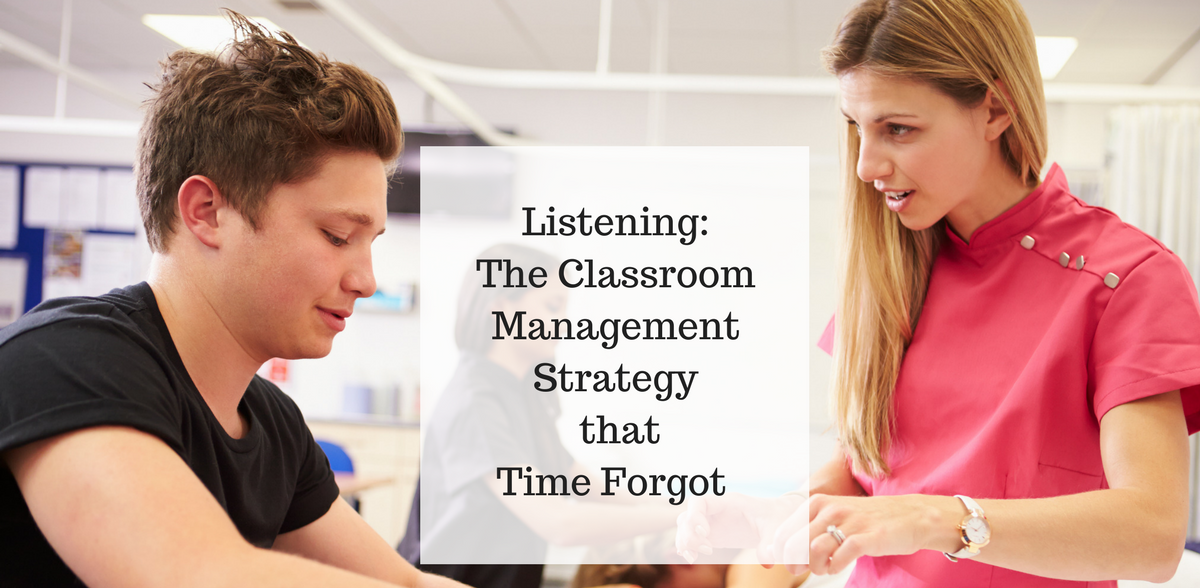 While friends and family view November in oranges, reds, and yellows, new teachers may experience November as blue. Yes, blue. As in first-year teacher blues. “I think I’ve got the blues” or “I am feeling blue” are common sentiments for new teachers in November.
While friends and family view November in oranges, reds, and yellows, new teachers may experience November as blue. Yes, blue. As in first-year teacher blues. “I think I’ve got the blues” or “I am feeling blue” are common sentiments for new teachers in November.
For all teachers, especially those in their first year of teaching, November is not all pumpkin spice lattes and long walks in the leaves. For teachers, November is crunch time.
By November, your students are comfortable with you. They are settled into routines, which might mean boredom or a need for more variety. They may react by showing negative behaviors.
By November, you have survived all the beginning of the year meetings. You’ve dealt with learning new curriculum, parent- teacher conferences, progress reports and report cards. It is a lot.
By November, you’ve settled into a rhythm of writing lesson plans, grading student papers, and writing I.E.P.’s. You are trying harder and harder to to stay organized as the demands on your time and energy increase.
By November, you see your friends first enjoying free time while you are home trying to catch up with your never-ending work.
By November, you are feeling exhausted. You begin to question whether you are in the field or whether you actually have what it takes to do this job.
Ellen Moir and the New Teacher Center followed thousands of teachers throughout their first years of teaching. Their research has shown that new teachers tend to go through a similar set of six phases in their first year of teaching.
According to their research (and our own observations and experience confirm it), the end of November through the end of December is the toughest time for new teachers. This is when new teachers hit rock bottom.
But…it is all uphill from here! If you are struggling, you are not alone. It will get better. Here is why:

Moir and the New Teacher Center describe the first-year teacher’s attitude toward teaching in these six easy to understand phases:
Anticipation: This phase starts in student teaching and generally carries new teachers into the first week of school. The excitement they feel, along with the sense of purpose and wanting to make a difference, are high. The new teacher’s idealism is praise-worthy but they may have romanticized teaching just a bit.
Survival: This phase begins in the first month of school. There is so much to learn, and not enough time to learn it in. Even if they had great teacher preparation, new teachers begin to feel overwhelmed with the commitment, amount of curriculum to learn, and the day-to-day tasks that seem all-consuming. Though overwhelmed, the new teacher still is optimistic and comes to work excited most days.
Disillusionment: This phase is the most disheartening and is the reason we are giving this reminder in November. Look at the graphic. This is when new teachers hit their lowest point. After about 6-8 weeks of strenuous teaching, new teachers begin to question their ability to teach and their commitment to teaching. Behavior management often becomes a focus, as do parent-teacher conferences, and nerves about a first formal evaluation.
At this point when the new teacher feels like there aren’t enough hours in a day to get everything done, friends and family may begin to express their concern that the new teacher is spending too much time on their work and not enough time on their personal lives. It can be a “blue” fall for new teachers, but hope is right around the corner.
Rejuvenation: Hooray for winter break! This short break gives new teachers time to catch up on their rest, relaxation, sleep, laughter, family and friends. There is also time for reflection on the first half of the year and additional time to think of improvements for the second half. The new teacher’s attitude about teaching slowly starts to rise again for the first few months after the much-needed break. The feelings of defeat slowly subside to productive energy.
Reflection: Near the end of the year, new teachers have a chance to reflect back upon the year. As they think ahead about the following year, they focus on what went well and what can be improved upon for next year. They begin to develop a new sense of relief, and their general feelings are those of energy and anticipation for the future.
These phases, experienced by thousands of new teachers, help to explain why November, which is full of brilliant fall colors can actually can seem “blue” for new teachers. But these phases also help us to see that the winter break will bring about a more hopeful spring.
November is a time of first-year teacher blues. Rock bottom blues. But it gets better. Remind yourself why you became a teacher. Read this post to inspire you.
Hang in there, new teachers. Your attitude will grow uphill from here. We promise.
We’ve got a new free guide for what to say to students to improve classroom motivation and management. Interested? Grab it below!






